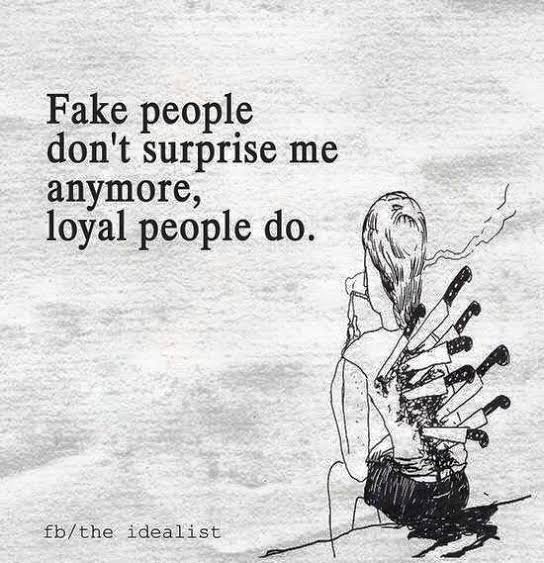The really inconvenient truth in the world of healthcare and medicine will never go away: it's run by people, for people, and ‘there's nowt queer as folk.’
Throw our less appealing human tendencies (in part summed up as reluctance or inability to imagine how life might be for others) into a melting pot with professional bureaucratic strangleholds and patients who don't feel great, and what better recipe for trouble?

Some fantastic doctors give good care in a tough climate, some assiduous managers try to ensure what they offer is properly run and allocated. And we're inconveniently imperfect patients. Those 20 million appointments every year we don't attend or cancel, those healthy diets and exercise programs we don't follow, our reluctance to accept the reality of limited resources. Sure, the system can and does let us down appallingly at times, but we too need to admit that, however much we want to see the doctor, and now, to get some treatment we saw on the internet, (a) there may be someone more ill who must go first, and (b) they need an expensive life-saving drug more than we need asparagus suppositories.
While recent research reveals that patients think they're lucky (albeit unusual) in having good dealings with the NHS (Lost in Translation, NHS Confederation, 2006), a couple of years ago, combining an NHS post with journalism and interviewing countless professionals and patients, I kept hearing the same question: where has the humanity gone?